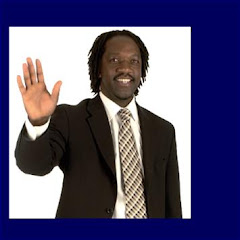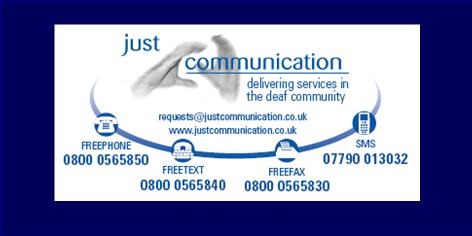Trial program will open emergency services to hearing or speech impaired writes Gillian Shaw for the Vancouver Sun (17/02/12).
When James Henderson called 911 he was desperate to get help for his wife Nancy, who was choking. But Henderson is deaf and when he wasn’t able to communicate the details of the emergency on the call, it took more than 40 minutes for help to arrive.
The incident had a happy ending when the pill that had blocked Nancy’s throat dislodged and she was able to recover on her own. But it underscored the difficulties that people who are deaf, hard of hearing or have a speech impairment face when they are trying to reach 911.
It helped to spur the launch of a three-month trial announced Thursday that will allow people who can’t communicate with 911 operators over voice calls to text from their cellphones instead.
The trial, announced by the Canadian Radio-television and Telecommunications Commission, involves participants in Vancouver, Toronto, Montreal and the Peel Region. It’s aimed at testing the system and gathering data for a report on the feasibility of rolling out the program nationwide.
“It’s a huge safety issue for someone to be able to get hold of 911 services in a timely manner,” said Mandy Conlon, provincial accessibility coordinator for the Canadian Hearing Society’s 911 improvement project. “There are definitely people who have not been able to get a timely answer to their 911 calls specifically because of this issue, they don’t have access to 911 the way a hearing person does.”
Conlon said in the case of the Hendersons, who live in Brantford, Ont. and are both deaf, the husband left the phone off the hook and went to help his wife, believing that his call would result in emergency services being dispatched immediately.
However, with 911 call centres getting misdialled through pocket and prank calls, people who are deaf or can’t communicate with the operator for another reason aren’t able to rely on simply leaving the phone off the hook to get emergency services to their door.
The trial, in which registered participants will make test texts to 911 is expected to have at least 120 participants, about 40 in each region, said Conlon. She said the technology works with newer-model cellphones, regardless of whether they are Android, Apple or some other operating system.
Telus, which provides the back-end technology for 911 services in British Columbia and Alberta and works with E-Comm in Vancouver, is participating in the trial through its 911 work and as a wireless carrier.
Telus spokesman Shawn Hall said this is the first time texts will be able to be combined with voice calls to 911 operators. The 911 system already helps operators locate people who are calling from cellphones, relying on either GPS or the triangulation of cellphone towers.
“What this texting service does is it essentially bolts that location technology onto text messaging functionality so someone who is deaf, or who has a speech impairment and can’t talk to the 911 operator, can text the relevant information,” said Hall.
“It’s important that it works this way because it combines the powerful aspects of a voice call, particularly that location functionality with texting, and if you are unable to speak, you will be able to text information — such as ‘there’s a fire,’ ‘my spouse has had a heart attack.’
“This will help bring the best possible 911 services to someone who is deaf or who has a speech disability.”
Friday, 17 February 2012
Subscribe to:
Post Comments (Atom)






No comments:
Post a Comment